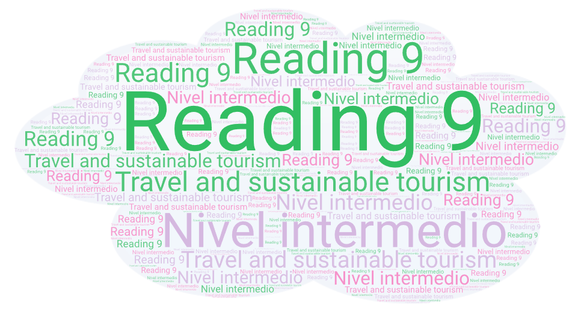Descripción: Descubre el turismo sostenible, una forma responsable de viajar que protege el medio ambiente y apoya a las comunidades locales. Aprende sobre la reducción de huella de carbono y el respeto a culturas. ¡Completa el cuestionario para poner a prueba tus conocimientos sobre este tema!

Travel and Sustainable Tourism
Travel has always been a popular leisure activity, allowing people to explore new places, experience diverse cultures, and create lasting memories. However, with the increasing awareness of environmental issues, the concept of sustainable tourism has gained prominence. Sustainable tourism aims to minimize the negative impacts of travel on the environment, culture, and local economies, while still providing enjoyable and authentic experiences for travelers.
One of the key principles of sustainable tourism is reducing the carbon footprint associated with travel. This can be achieved by using eco-friendly modes of transportation, such as trains or electric vehicles, instead of traditional gasoline-powered cars or airplanes. Additionally, travelers can choose accommodations that implement energy-saving practices and reduce waste generation.
Another aspect of sustainable tourism is supporting local communities. By purchasing local products, dining in local restaurants, and participating in community activities, travelers contribute to the economic growth of the destination. This helps create a positive cycle where the local community recognizes the benefits of tourism and strives to protect the natural and cultural resources that attract visitors.
Furthermore, responsible tourism involves respecting local cultures and traditions. Travelers should educate themselves about the customs and norms of the destination they're visiting and behave in a way that is sensitive to the local way of life. This can be as simple as dressing appropriately or learning a few basic phrases in the local language.
In recent years, there has been a growing trend towards ecotourism, which focuses on visiting natural areas and promoting conservation. Ecotourism encourages travelers to appreciate and preserve the environment they are visiting. Activities such as wildlife watching, nature hikes, and even participation in conservation projects allow travelers to engage with the destination in a meaningful way.
In conclusion, sustainable tourism offers a responsible and ethical approach to travel that benefits both travelers and the destinations they visit. By making conscious choices about transportation, accommodations, and activities, travelers can minimize their impact on the environment and contribute positively to local communities.
